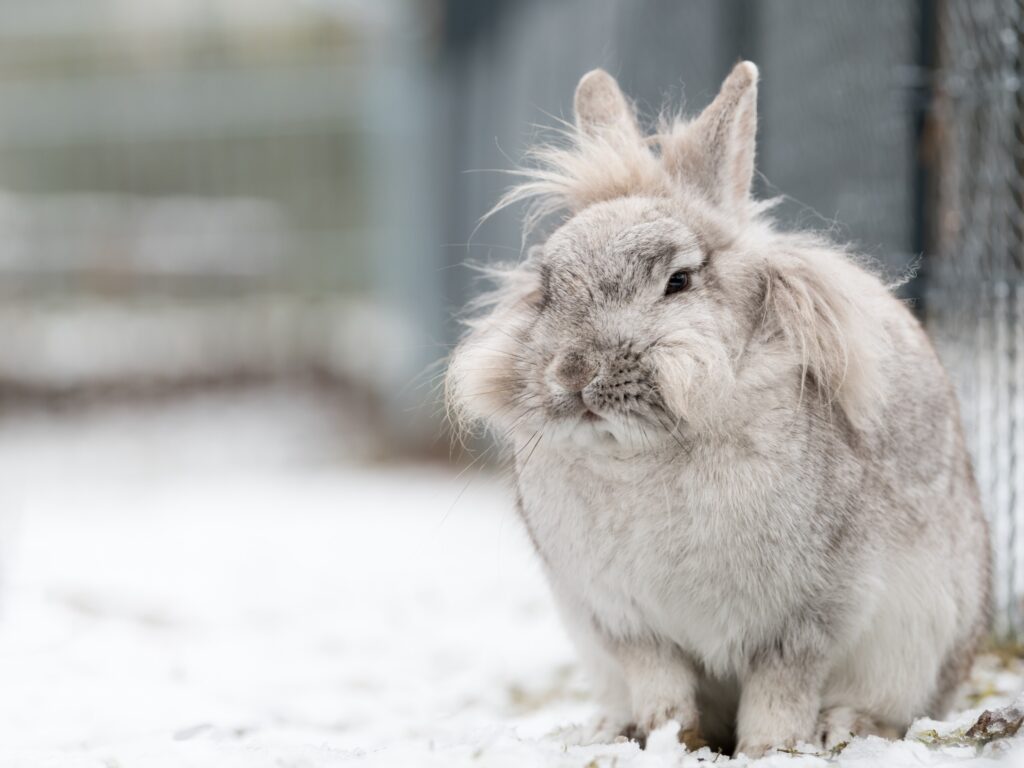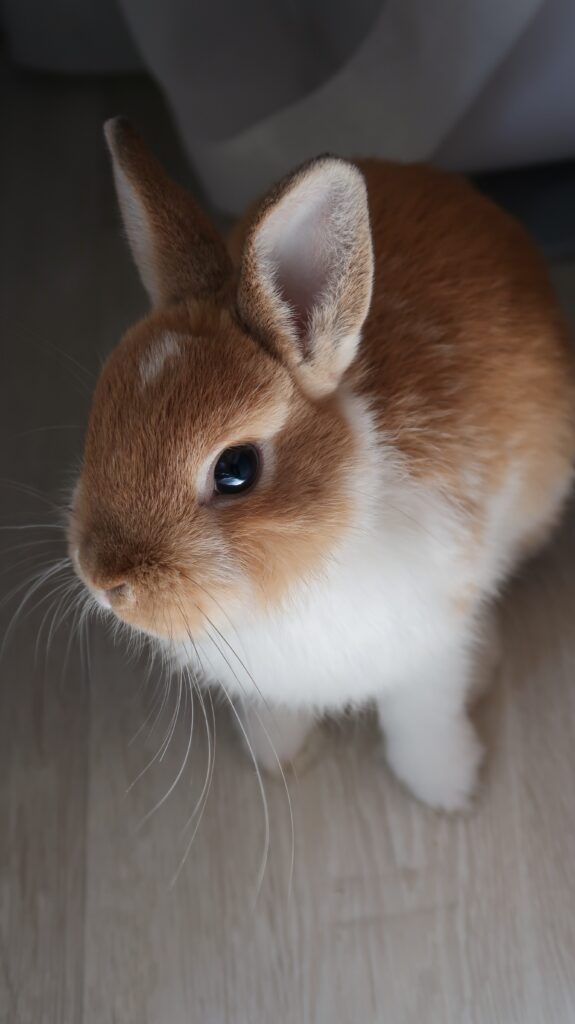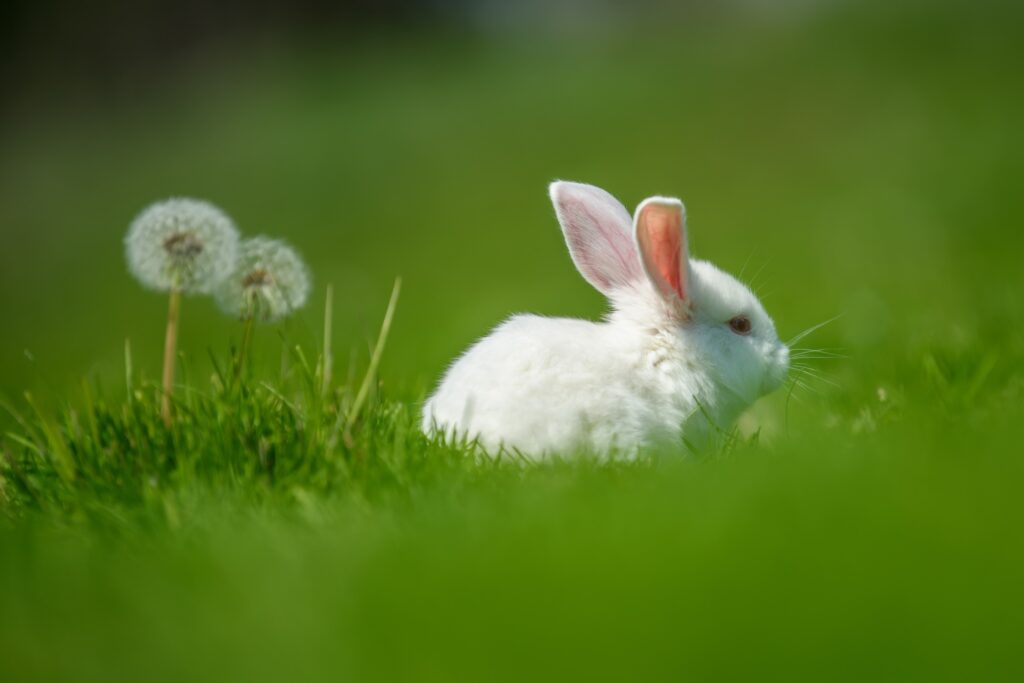Do Dwarf Rabbits Have Health Problems? Exploring Common Health Concerns
Dwarf rabbits are the smallest rabbit breeds, and they are often kept as pets due to their adorable appearance and playful personalities. However, many people wonder if dwarf rabbits have health problems that are unique to their small size.

Dwarf rabbits can have health issues that are more common in their breed due to their smaller size. For example, dwarf rabbits can have a higher stillbirth rate due to the semi-lethal dwarfism gene. Additionally, they can be more prone to dental problems, as their small size can cause their teeth to grow too long and cause discomfort or even infection.
However, it is important to note that dwarf rabbits can also experience health problems that are common to all rabbits, such as gastrointestinal issues and dental problems. Therefore, it is crucial for owners to be aware of the potential health issues that their dwarf rabbits may face and to take proactive measures to keep their pets healthy and happy.
Common Health Problems in Dwarf Rabbits
Dwarf rabbits are prone to several health problems affecting their overall well-being. Awareness of these issues can help rabbit owners identify and address potential health concerns before they become serious.
Gastrointestinal Issues
Gastrointestinal (GI) issues are common in rabbits, including dwarf breeds. GI stasis is a common condition in which the gut slows down, leading to decreased appetite, bloating, and constipation. Various factors, including a diet low in fiber, stress, and dehydration can cause this.
Other GI issues that can affect dwarf rabbits include diarrhea, which can be caused by bacterial infections or a sudden change in diet. Rabbits can also develop hairballs, which can cause blockages in the digestive tract if not addressed promptly.
Dental Problems
Dental issues are also common in dwarf rabbits. Their teeth grow continuously throughout their lives, and if they don’t wear down properly, they can develop sharp points or overgrow, causing pain and difficulty eating. This can be prevented by providing a diet high in fiber, such as hay, and chew toys to help wear down their teeth.
Malocclusion, a condition in which the teeth don’t align properly, can also affect dwarf rabbits. This can cause painful sores in the mouth and difficulty eating. Regular dental check-ups by a veterinarian can help prevent and address these issues.
Respiratory Infections
Respiratory infections are another common health concern in dwarf rabbits. Snuffles, a bacterial infection, can cause runny nose, sneezing, and difficulty breathing. This can be exacerbated by stress, poor ventilation, and overcrowding.
Other respiratory issues affecting dwarf rabbits include pneumonia, caused by bacteria or viruses, and can cause coughing, wheezing, and difficulty breathing. Keeping their living environment clean and well-ventilated is important to prevent respiratory infections.
In conclusion, dwarf rabbits are prone to several health problems, including gastrointestinal, dental, and respiratory infections. By being aware of these issues and taking preventative measures, such as providing a high-fiber diet and regular veterinary check-ups, rabbit owners can help ensure their pet’s health and well-being.
Prevention and Treatment

Proper Diet
One of the most important ways to prevent health problems in dwarf rabbits is by providing them with a proper diet. Rabbits need a diet high in fiber, which can be found in hay, fresh vegetables, and fruits. It is important to avoid feeding them foods high in sugar or fat, as this can lead to obesity and other health problems.
Regular Veterinary Check-ups
Regular veterinary check-ups are also important for preventing health problems in dwarf rabbits. A veterinarian can check for any signs of illness and provide treatment if necessary. It is recommended to take rabbits for a check-up at least once a year, or more often if they show any signs of illness.
Proper Hygiene
Proper hygiene is also important for preventing health problems in dwarf rabbits. Their living area should be cleaned regularly to prevent the buildup of bacteria and other harmful substances. Their water should be changed daily, and leftover food should be removed from their cage each day. Litter pans should be changed every few days, and the cage should be cleaned with a mild disinfectant once a week.
In addition to these preventative measures, it is important to seek veterinary care if a rabbit shows any signs of illness. Some common health problems in dwarf rabbits include respiratory infections, digestive problems, and dental issues. If a rabbit shows any of these symptoms, it is important to seek veterinary care immediately.
Overall, providing a proper diet, regular veterinary check-ups, and proper hygiene can prevent many health problems in dwarf rabbits.
Conclusion

In conclusion, dwarf rabbits can have health problems like any other rabbit breed. However, with proper care and attention, many health issues can be prevented or managed effectively. Owners need to be aware of the potential health problems their dwarf rabbits may face and take the necessary steps to prevent them.
Some common health issues that dwarf rabbits may experience include respiratory, gastrointestinal stasis, and dental problems. Various factors, including genetics, diet, and environment can cause these issues. Owners should ensure that their rabbits have a balanced diet, plenty of exercise, and a clean living environment to help prevent these issues.
It is also important for owners to be aware of the signs and symptoms of health problems in their rabbits. Early detection and treatment can often make a significant difference in the outcome of a health issue. Owners should monitor their rabbits for signs of illness, such as changes in appetite or behavior, and seek veterinary care promptly if they suspect a problem.